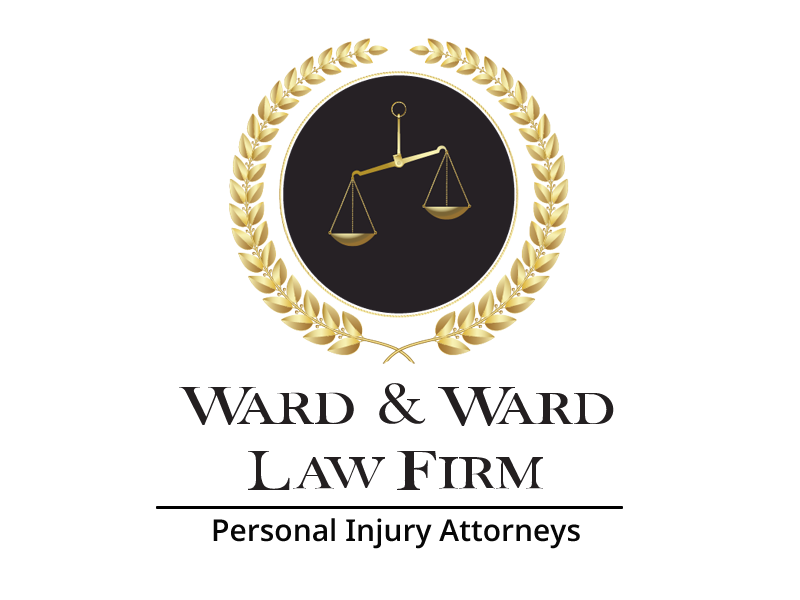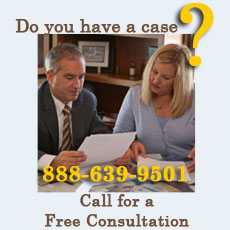There must be willful, wanton or reckless conduct
Punitive damages can be described as monetary compensation that goes beyond what is necessary to compensate the individual for plaintiff’s losses incurred as a result of the harm committed by the defendant. Punitive damages stand somewhere between criminal and civil law and are used as a punishment to discourage outrageous or malicious conduct. They are not awarded on defendant’s negligence alone. The evidence in the case must show that the defendant’s conduct meets one of three criteria, i.e. that defendant was intentionally willful, wanton or reckless.
Willfulness implies intent to commit a wrongdoing which causes an injury. For example, if a manufacturer of a product knows that their product could potentially harm someone but elects not to change or alter the product because the change would be too costly, then that defendant’s conduct can be deemed “willful”. Wanton conduct is acting with a reckless indifference to the consequences and the disregard to a person’s own safety.
Although the individual does not have the intent to injure anyone in particular, injury is a natural and probable consequence of the act. An act that is performed with total disregard of foreseeable harmful consequences is considered a reckless act. A wrongful act performed with a sincere intention to deal fairly with others is an inadequate basis for such an award. Punitive damages were first recognized in England in 1763. In America, colonists recognized punitive damages almost immediately and by the mid-nineteenth century they were a well-established part of American civil law. Currently the American Tort Reform Association and The Coalition for Patient’s Rights have been at odds over the issue of tort reform. Since the 1980s, a movement has seen defendants appealing to higher courts for reviewing punitive damage awards. But to date, the approach to reconciliation has been made on a state by state basis and lacks national uniformity. The legislature in the state of Indiana limits punitive damages [Indiana Code 34-51-3-4].
Trial lawyers experienced in personal injury and wrongful death law
If you or someone you know has been injured in a motor vehicle accident, it’s important to speak with an experienced personal injury attorney in Indianapolis, IN. Ward & Ward Law Firm has over 85 years of combined experience in personal injury law including accident and wrongful death claims. Our firm receives no legal fees or expenses unless we collect damages on your behalf. Call Charlie Ward today at 317-639-9501 for a free evaluation of your claim. Our attorneys are available to speak with you.



